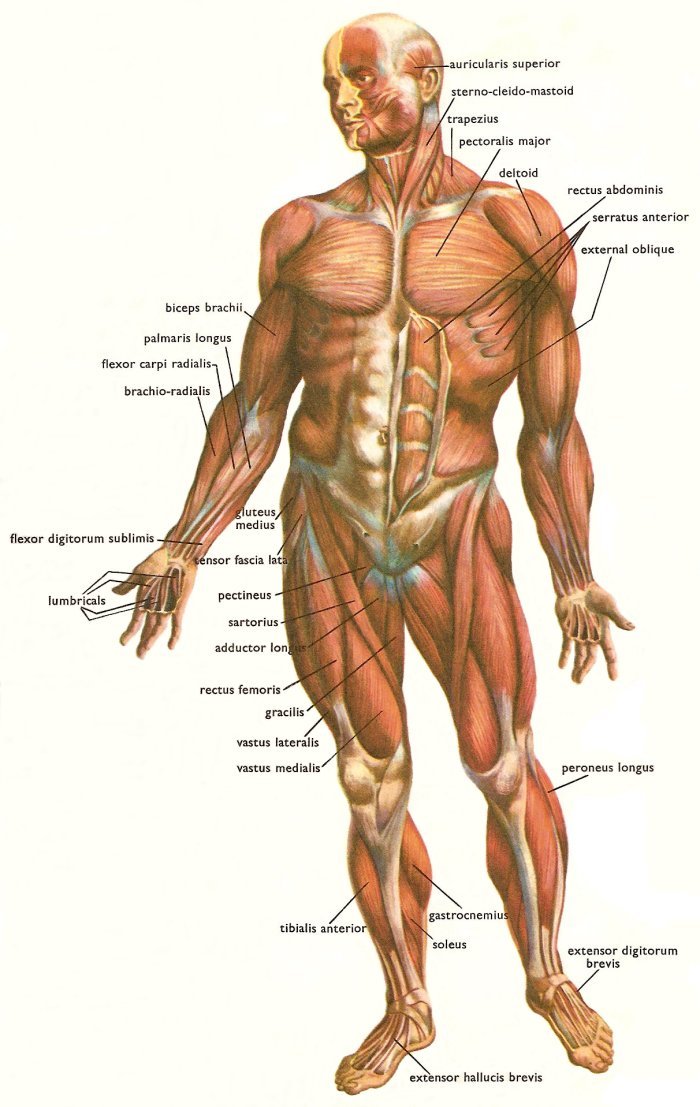The Power of Skeletal Muscle: A Key Driver in Exercise, Longevity, and Health
Introduction
While most people associate muscle with aesthetics and athletic performance, skeletal muscle is one of the most vital tissues for healthspan, metabolism, and longevity. Skeletal muscle functions not just as a force-producing tissue but also as an endocrine organ, regulating blood sugar, managing inflammation, and supporting immune function. It’s not just about how much you lift—it’s about how well you live.
Coach Ray Traitz, a veteran health and strength coach, has been actively applying these principles with his clients and in his own life. By emphasizing strength training and muscle maintenance as a foundation for wellness, he’s seen transformative effects on body composition, energy, and long-term health—even amidst personal adversity.
Why Skeletal Muscle Matters for Longevity
Skeletal muscle is essential for:
Insulin sensitivity and metabolic health
Mobility, balance, and fall prevention
Hormonal balance and immune regulation
Maintaining and building muscle can literally help you live longer—and better.
Insights from Today’s Leading Scientists
1. Dr. Gabrielle Lyon (Founder of the Muscle-Centric Medicine Movement)
Dr. Lyon believes that “muscle is the organ of longevity.” Her top three strategies for maximizing skeletal muscle include:
Resistance Training 3–5x per week: Engaging in full-body strength training prevents sarcopenia and supports lean body mass.
Protein Optimization: Consuming 1.6–2.2g/kg of body weight in high-quality protein daily to stimulate muscle protein synthesis.
Leucine-Rich Meals: Incorporating leucine-rich foods (e.g., eggs, chicken, whey) to optimally trigger muscle growth, especially in older adults.
2. Dr. Stuart Phillips (McMaster University, Expert in Muscle Protein Metabolism)
Dr. Phillips’ work shows that skeletal muscle directly influences survival in aging populations. His top contributions include:
Daily Protein Distribution: Spreading protein intake evenly across meals improves muscle synthesis more effectively than large single doses.
Post-Workout Nutrition: A mix of 20–40g of protein post-exercise enhances recovery and hypertrophy.
Training Intensity Matters: Lifting lighter weights to failure can be just as effective for hypertrophy as heavier loads, especially for older adults.
3. Dr. Frank W. Booth (University of Missouri, Pioneer in Skeletal Muscle Biology and Longevity)
Dr. Booth emphasizes skeletal muscle’s role in chronic disease prevention. His longevity-enhancing principles include:
Daily Movement: Nonexercise activity thermogenesis (NEAT) helps support baseline muscle health and function.
Strength Training as Medicine: Regular muscle-loading activities lower the risk of Type 2 diabetes, cardiovascular disease, and frailty.
Muscle-Mitochondria Connection: Healthy muscle tissue correlates with mitochondrial density and overall energy metabolism, enhancing lifespan.
Case Studies Backed by Research
Case Study 1: Dr. Gabrielle Lyon’s Work with Older Adults
In her clinical practice, older clients who adopted a strength-focused training regimen combined with high-leucine protein meals showed improved bone density, reduced fall risk, and increased confidence—leading to fewer hospitalizations and greater independence.
Case Study 2: Dr. Phillips’ Protein Timing Trial
A study from Dr. Phillips’ lab showed that elderly men who consumed protein-rich meals evenly spaced across the day (versus one large dinner meal) had 25% greater muscle protein synthesis rates, contributing to better strength outcomes after 12 weeks of training.
Case Study 3: Dr. Booth’s Research on Muscle Mass & Mortality
Dr. Booth found that patients over 60 with the lowest muscle mass index were two times more likely to die within 5 years compared to those with healthy lean mass—independent of BMI. This proves that “weight” is not the best predictor—muscle is.
Coach Ray Traitz’s Approach to Muscle-Centric Longevity
Coach Ray integrates this research into simple, effective practices that his clients (and he himself) use to transform health:
Progressive Resistance Training: Focused on function and hypertrophy using kettlebells, bands, dumbbells, and bodyweight.
Protein-Forward Nutrition: Prioritizing 30–50g of high-quality protein at every meal, particularly post-exercise.
Lifestyle Muscle Maintenance: Encouraging daily movement (e.g., sled pulls, carries, stair climbs) to stimulate neuromuscular function.
His method is designed not just for athletes—but for anyone looking to age powerfully.
Why Hire Coach Ray Traitz?
Coach Ray understands that muscle is medicine—and he knows how to build it without overcomplication or burnout. Whether you're 25 or 75, his programs are built around science, simplicity, and sustainability.
If you're ready to:
Improve body composition
Enhance functional strength
Extend your healthspan
Then Coach Ray Traitz is the guide you need.
Get in Touch with Coach Ray Traitz
For personalized health, fitness, and longevity coaching, reach out to:
📧 amrapfitness@hotmail.com
📍Strength, Nutrition & Mindset Programs Tailored for YOU
Resources
Lyon, G. (2020). Muscle-Centric Medicine: Optimizing Health Through Lean Mass.
Phillips, S. M., et al. (2016). “Protein ‘requirements’ beyond the RDA: implications for aging adults.” Applied Physiology, Nutrition, and Metabolism.
Booth, F. W., et al. (2011). “Lack of exercise is a major cause of chronic diseases.” Comprehensive Physiology.

